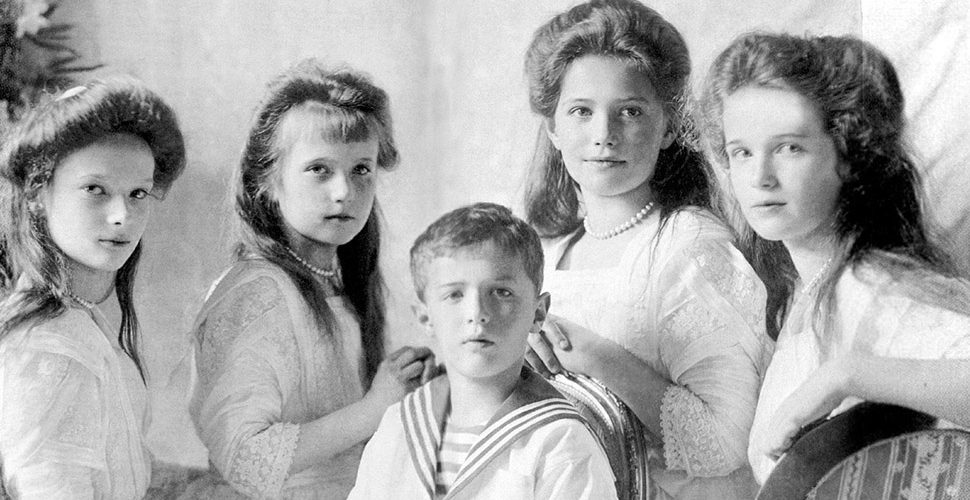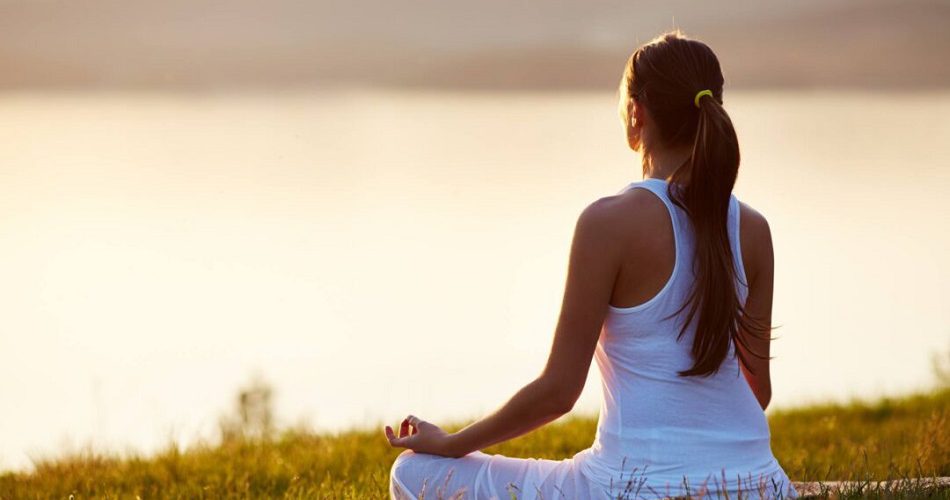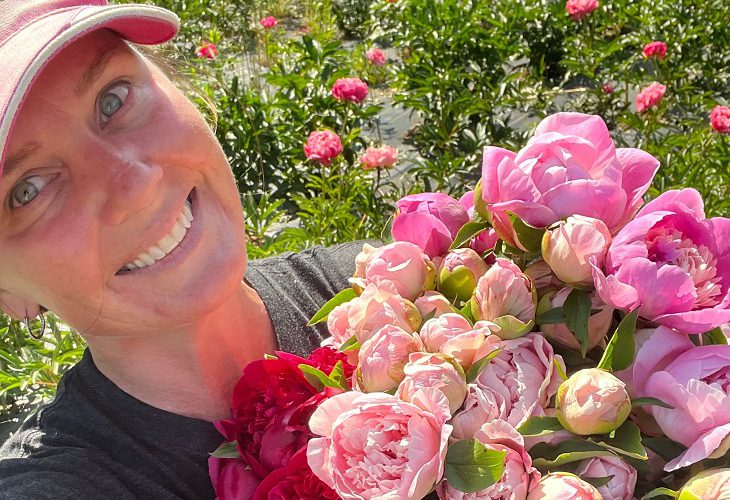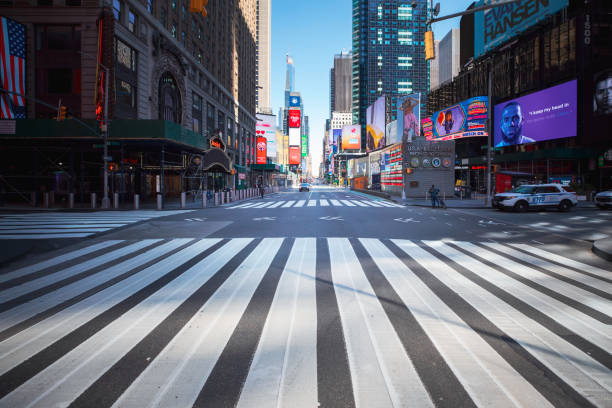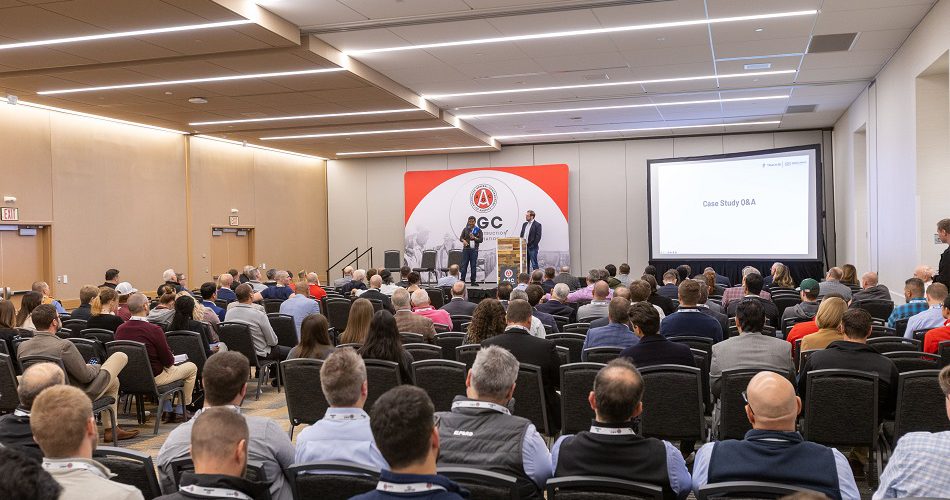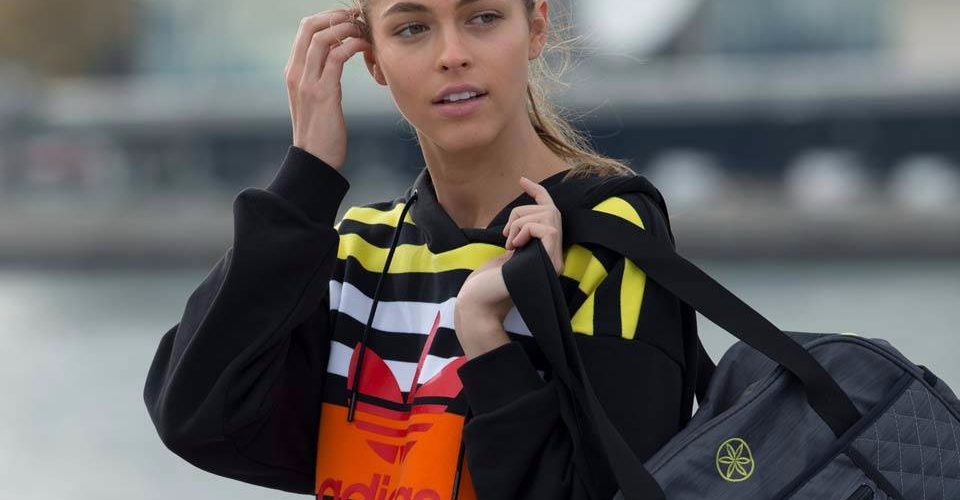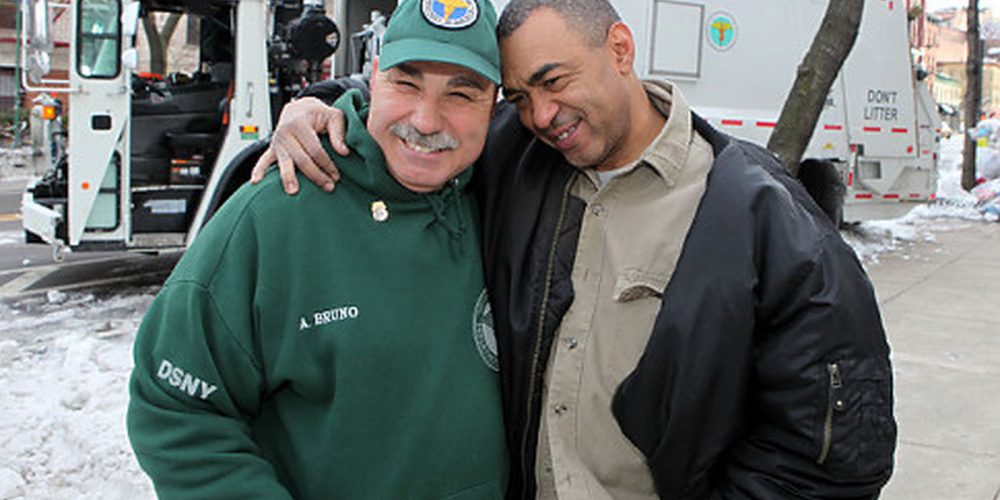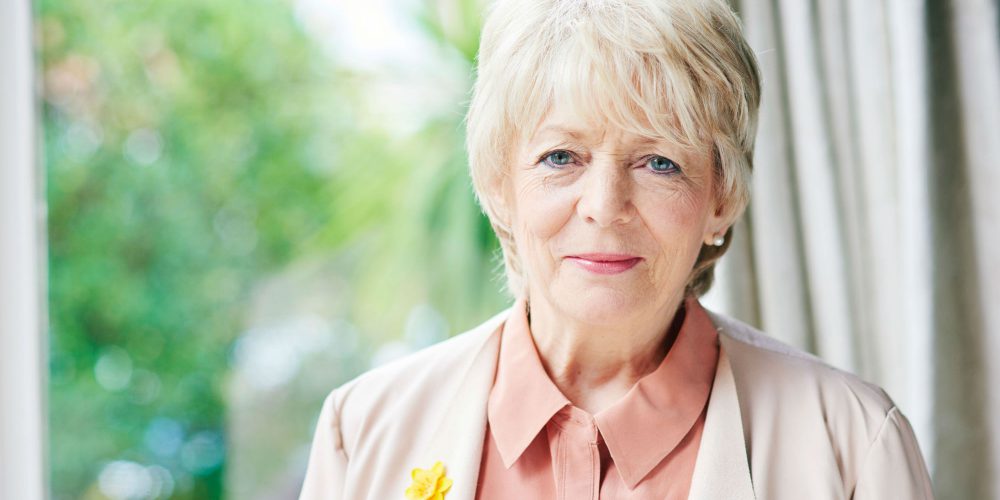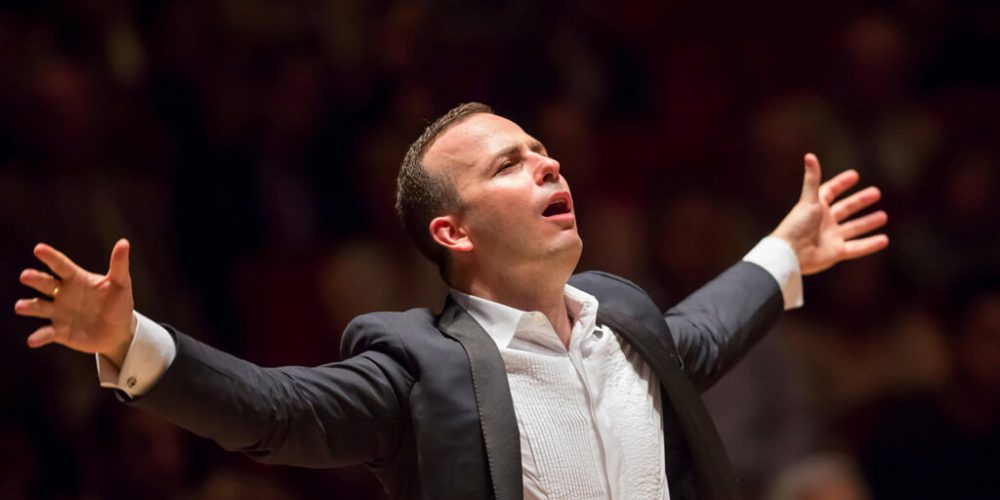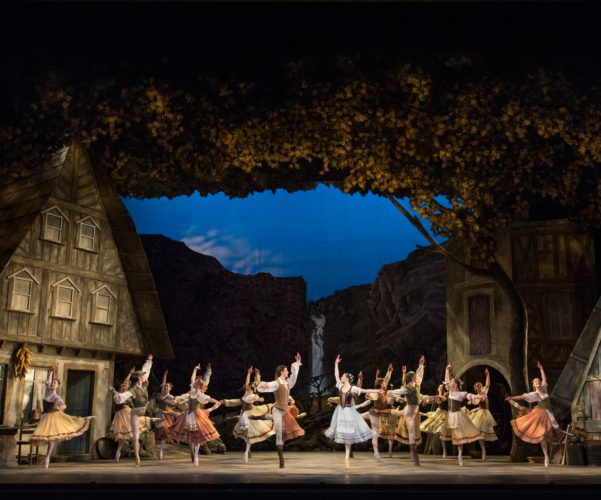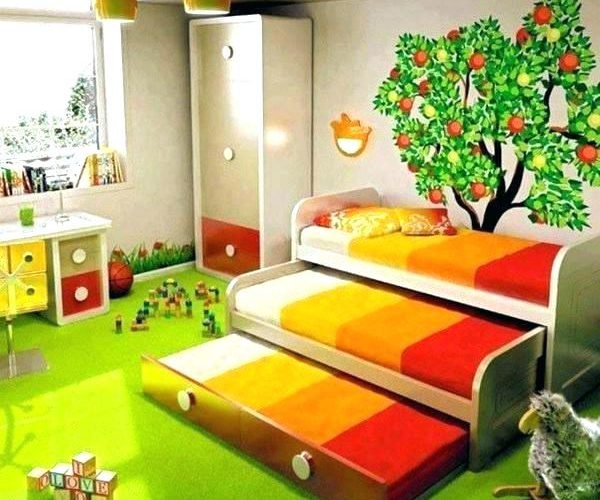Teenagers suffer from the ‘inner pandemic’ today. They need help to cope with this disease.

Matt Richtel, a Pulitzer Prize-winning journalist for the New York Times, in his special report “The Inner Pandemic” convincingly showed an alarming increase in anxiety, depression, suicide, self-harm and other kinds of mental illness among teenagers. He also offered ideas from experts to help adults support young people’s mental health.

Students who took part in the research pointed to a variety of external stressors they believe are contributing to the decline, including the coronavirus pandemic, social media use, increased academic pressure and workloads, and looming economic, social, political and environmental crises.
Let’s listen to a short interview with them. (The initials of the respondents’ names are given.)
Say a few words about yourself. How do you cope with your mental health issues, if any?
– L. Well, my personal journey about mental health has been a long one. I’ve been in and out of therapy since a very young age and I’m pretty heavily medicated for depression/anxiety. I live with the guilt of what I did to myself, what I put my parents through. I was only 11/12. I had thoughts I didn’t know how to process, urges to do things I really shouldn’t have done. I hated everyone, and especially myself. I missed out on my childhood due to extreme anxiety, and I’ll never get it back. I feel like something is missing, even now.
I’m nearly three years clean now, and I’m doing a lot better. I’m on meds, in stable therapy, and I have a really good support system. But recovery is not linear. Days, weeks, months, years of progress aren’t erased when you have an episode or relapse. I am so happy I am alive today, but I do have episodes where I am not. That does not erase my progress.
– B. Almost all of my peers have some form of mental health disorder, they just aren’t being treated for it. Saying this to someone from older generations may cause snarky comments like “your generation is just too sensitive,” but that only strengthens my idea that older generations struggled just as much with mental health but weren’t given any help. Even now mental health can be considered a taboo but compared to the 19th century it’s not nearly as severe.
I assume the reason it seems like mental health is only a recent problem is because people in the past feared being locked up in mental asylums for seeking help.
I believe that the solution to our current “crisis” is to continue being loud about mental health advocacy to destigmatize it.

How do you think social media affects mental health of young people?
– S. In my view, social media has a strong impact on mental health… But this impact is often negative.
Take me for example. To be honest, I didn’t think I would live to turn sixteen. Since I was little, I was always anxious, slept in my parent’s bed while it was thundering, cried because I was too scared to go to school, and missed out on birthday parties and such due to my anxious nature. As I started to grow older depression came along too. The last two years were the worst of my life. I became part of the eighty-eight percent rise in teens in the hospital due to self-harm, I allowed myself to go on so long feeling the way I did like life isn’t for me for too long. I hid it from my family members along with my raging eating disorder, which was a major contribution to my negative mental health…Looking back on it I wish I would’ve done something, said something, but the truth is I found comfort in how horrible I felt.

Social media was also a contributing factor to how bad my mental health was, and how many others feel, there’s no doubt about it. The social media platforms, such as Tik Tok for example, are a nasty place sometimes. I personally used them as therapy instead of going through the “struggles” of telling someone real. It would show me videos about pro-anorexia, depression, and suicidal ideation. It made me feel as if I was less alone when in reality it was more damaging than I would know…
– A. Applications like Facebook, Instagram, and Snapchat all are platforms that will create an online environment that is best fitted to the user. Sometimes when we are in a sad mood, maybe we want to scroll through Tik Tok or Instagram but what users aren’t aware of is that they will custom create an algorithm for their desires. If they decide to listen to sad music, more sad music will be advertised to them and then it becomes an endless cycle. Social media also has been infamous for highlighting people with the ideal body types, and this can be very hard for youth that are going through body changes in their teen years. For me personally, I only scroll on social media when I feel in a sad mood and, spoiler alert, it never helps me feel better. Social media has served our society a lot of good, but we need to be aware of some of the hidden consequences of having access to the whole world at the click of a button.
– S. We’ve been in a pandemic for 2 years now, and I feel that social media is the most important factor revolving around teens’ mental health. Endless scrolling through videos, not leaving the house, and comparing themselves to fake images decreases their mental health and self-esteem. It could also lead to exhaustion, since many, like myself, tend to scroll through posts and watch videos from the evening into the early hours of the morning.

Has the pandemic made a great change in mental health?
– T. I’ve seen many different teens in my school, in stores or just in public who seem to be struggling with mental illness. Signs that I’ve seen are: sitting alone, never smiling, always looking depressed by their body language and facial language and their actions.
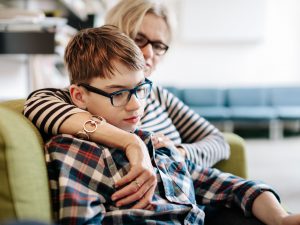
Personally, I think that the pandemic has made a great change in teens mental health. There isn’t much to do anymore and it’s a lot harder to socialize. Teens and kids need socialization in their life, or they’ll become more sad and they won’t know how to talk to people.
I think teens nowadays are more scared to reach out and get help, therefore they live with this struggle on a daily basis and nobody may ever know.
– B. Many of my friends went into deep depression during the pandemic, a few of which nearly attempted suicide. I wish I could say I’m surprised by the drastic jump in self harm and suicide rates but I’m not. Kids are always told that they are the future, but little is being done to ensure that they are actually there in the future. Mass education on mental health needs to be achieved or I fear the problem will just get worse.
— S. Not only have I struggled with my mental health, but I also have many peers who struggle as well.

I think the pandemic is one of the catalysts. Because of the pandemic, we were used to hiding behind screens, and not a lot of social interaction. With schools, we usually had shorter school days, and longer times to complete assignments. The tests were open note and work was always posted online. When we all came back to school in August, it was a complete reality shift from the school-at-home, online life we were used to living. With schooling going back into full swing, pressures got greater and school wasn’t so easy anymore. Social anxiety, comparison to peers, and pressure from school became more prevalent. Society expected us to return to a life that we used to have before the pandemic, but we were not accustomed to it.
– E. This year is many students’ first full year back from quarantine, and for some, it is their first year of high school or their senior year. These times in our lives would be very stressful under normal circumstances, but what we are experiencing now, all these things just pile on to the pile of stress that we experience as teenagers who are still finding themselves. To be honest, I have not found a way to cope with anxiety, stress, depression, or any other challenges I face. When I experience these things, I’m at a loss for what to do, so then it just gets bottled up and who knows what will happen when I can’t hold it in anymore and snap.

What techniques do you use to improve your mental health?
– M. I often find myself stressed or anxious about a variety of different things, and I am yet to find a perfect solution to ease the stress. While the internet can provide intricate ideas and activities to help ease your mental health, I tend to stray toward the simpler things. Sometimes getting out of my room and going outside for even just 5 minutes or grabbing a healthy and fulfilling snack is beneficial to my mental health. Often time talking through worries with a trusted adult or friend helps to look at the big picture, and most of the time I realize that what I am worried about is not as big or important as I made it out to be. Overall, I use many techniques to improve my mental health, including getting fresh air and a snack or talking with someone I trust.

– Z. When I get stressed in school, I like to take a few slow breaths. I also would close my eyes and think about something I like. When I get anxiety, it takes a little more to get over it. I personally like to do the 5-4-3-2-1-coping method. It’s basically acknowledging things in the room that you can touch, see, hear, smell, and feel. It’s so I can ground myself and feel better about the environment I’m in. When I’m home, the thing I do the most is listening to music. Music is so important to me. It lets me go into this whole different world and stop thinking about reality. Sometimes I lay down and listen to music. Or I need to move and I play music that I can dance and jump to.

— G. When I am stressed or anxious, I will just do whatever is stressing me out. Like if I have an essay due, I’ll just do the essay. But if it’s something like a job interview. I will just make sure I’m as prepared as I can be. Sometimes when I’m about to go to sleep I just become anxious for absolutely no reason. When that happens, I will listen to a guided meditation, or just think about something else. To keep my mental health good, I like to wake up early in the morning and go for walks at 4am. It is actually quite relaxing. I also like to keep a clean room and keep all my work done.
By Gilbert Castro | ENC News



